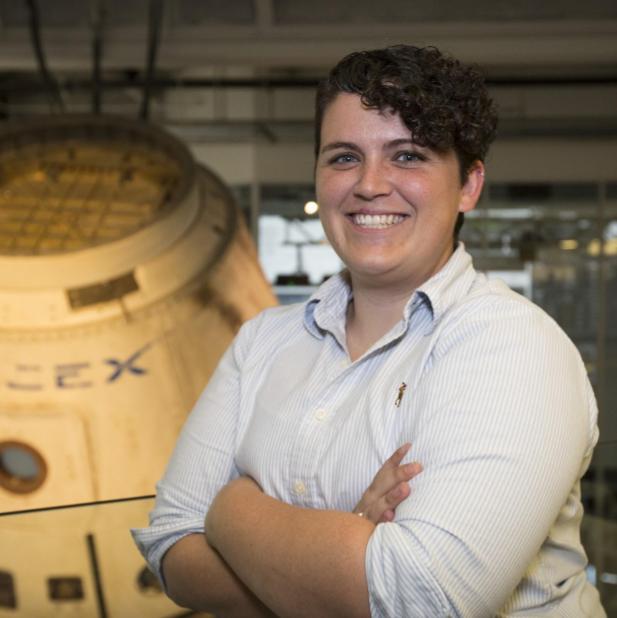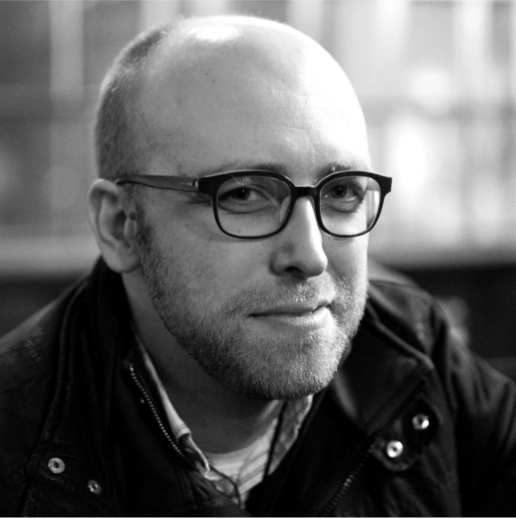We need a plan, and we need it now.
Viriditas is a focused, discussion-based workshop geared towards coalescing a practical plan for a sustainable settlement on Mars. Resulting from its inaugural meeting in 2018, we submitted a Perspective for publication framing the problem. This year, we will back out approaches and designs that can be implemented in the first crewed missions to Mars circa 2050. We see many parallels between a sustainable Mars and sustainable Earth and will bias discussion toward efforts that support the long-term interests of both planets.
The workshop will be a full-day event on November 20th, 2019 at the Hyatt Regency Boston.
Viriditas is a joint effort by the Harvard Systems Biology Department, AIChE, Ginkgo Bioworks. For further information, please see the Organizers and Sponsors sections of the site.
The name Viriditas is inspired from a concept in Kim Stanley Robinson’s Mars Trilogy:
All these conditions make survival for living things difficult in the extreme. But life is tough and adaptable, it is the green force viriditas, pushing into the universe.








